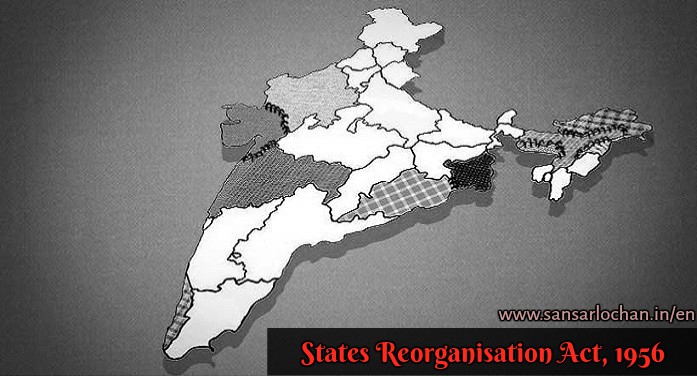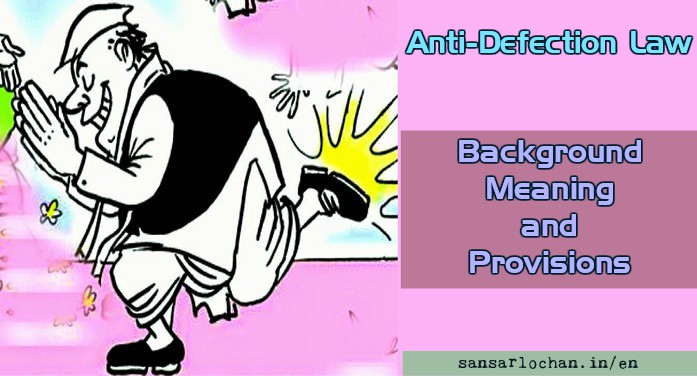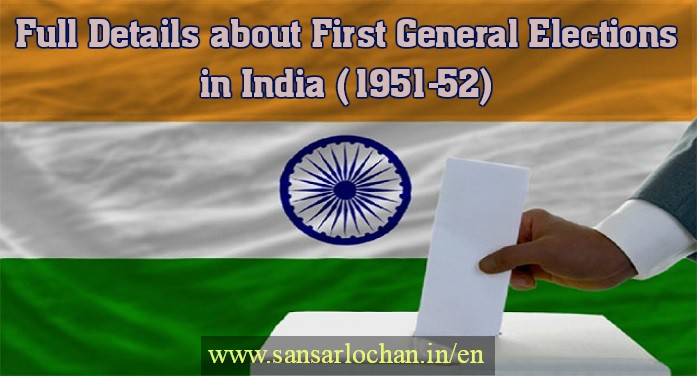States Reorganisation Act, 1956 : Rationale and Features
Due to accession of Princely States and due to the then haphazard forms of British India territories, need was felt later to re-organise the entire country in a more reasonable and popularly acceptable states and union territories. In order to address this need, a State Reorganisation Committee was constituted in December 1953, with Justice Fazl Ali, K.M. Panikkar and Hridayanath … Read More
Short Note on Hierarchical Order of Central Administration
Today in this article we will mention about the hierarchical order of Central Administration. The Central Administration of India is run through the Central Secretariat based at New Delhi. Central Secretariat is divided into five parts – Department, wing, division, branch and section. Central Administration The central administration consists of the President, the Prime Minister, the Council of Ministers and … Read More
Anti-Defection Law : Background, Meaning and Provisions
What is Anti-Defection Law? Before defining anti-defection law, we should understand the meaning of defection. When an elected representative joins another party without resigning his present party for benefits, it is called defection. Thus a defector is one who is elected from one party and enjoys power in another party. The word defection is also called as “Floor Crossing” in … Read More
Full Details about First General Elections in India (1951-52)
First General Elections in India (1951-52) India became a Sovereign Democratic Republic with the adoption of Constitution on 26th January, 1950. General elections to the first Lok Sabha as well as state assemblies were held from October 1951 to February 1952, on the basis of universal adult franchise. Thus India, with a far greater population than that of the USA, … Read More
86th Constitutional Amendment : Free and Compulsory Education
Article 45 envisages states to provide free and compulsory education. It was not implemented properly. Hence, through 86th constitutional amendment it is made compulsory. The Parliament of India passed the 86th constitutional amendment act in 2002. Accordingly 21A is inserted in the constitution which aimed at making right to education a fundamental right for children between 6 to 14 years … Read More
Reservation System and Related Articles in our Constitution
As a result of caste based inequality the worst hit are the Schedule Castes (SC), Schedule Tribe (ST) and the other Backward Classes (OBC). In order to bring them to the mainstream, the makers of the Indian Constitution included certain provisions in parts III, IV and XVI of the Constitution. Article 15, 16, 17 and 46 contain revolutionary provisions for … Read More
Details about Lokayukta and its Powers and Functions
The first Administrative Reforms Commission headed by Mr. Morarjee Desai recommended for Sweden based Ombudsmen type of institution. Accordingly the center can have Lokpal and states can have Lokayukta. Though the institution of Lokayukta was introduced for the first time in Odisha but it was not able to implement it. Maharashtra was the first state to implement in 1973. It investigates … Read More


